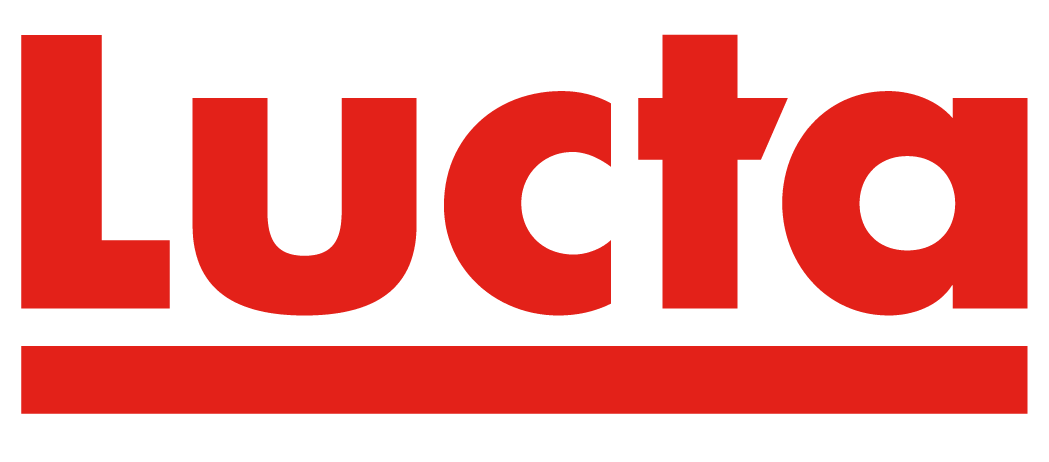Weaning stress results in impaired gut health and piglet performance. These consequences are partly the result of the release of the corticotrophin releasing factor (CRF), which induces degranulation of intestinal mast cells (MC). The objective of this study was to test the hypothesis that blocking the activation of the hypothalamus-pituitary-adrenal-MC…
The nutritional and functional characteristics of dietary fat are related to the fatty acid (FA) composition and its positional distribution in the triacylglycerol (TAG) fraction. Atlantic salmon is an important source of healthy long chain omega 3 FA (particularly, eicosapentaenoic (EPA) and docoxahexaenoic (DHA) acids). However, the impact of lipid…
En cualquier especie animal, la modulación del comportamiento ingestivo implica cambios en su patrón de consumo en el corto plazo, el cual se evalúa teniendo en cuenta la distribución, el número, el tamaño y la duración de las comidas a lo largo del día, partiendo de la base de que…
Seventy-six newborn Holstein calves (44.4 ± 6.15 kg of body weight) were involved in this study from birth until 21 d of age. Within 2 h after birth, calves received 4 L of maternal colostrum via an esophageal tube. The following 3 meals consisted of 2 L of late colostrum…
Heat stress is one of the greatest challenges faced by dairy farmers in many regions of the world. Warm climates depress feed intake, milk production, and reproductive performance in cows. In this document, the negative effects of heat stress on production and welfare of dairy cows are described, as well…
Bile acids (BA) have recently emerged as regulators of intestinal immune homeostasis and mucosal integrity. We examined the effects of administering enterally deoxycholic acid (DCA) to early-weaned pigs challenged with lipopolysaccharide (LPS) on gut BA profile, immune response and microbiota. Twenty-four piglets were weaned at 21 d, acclimatized for 14…
Introduction: The aim of this study was to evaluate deoxycholic acid (DCA) ability to prevent lipopolysaccharide (LPS)-associated intestinal and systemic adverse effects when enterally administered to early-weaned pigs. Materials and Methods: Twenty-four piglets were weaned at 21 d, acclimatized for 14 d, and subsequently grouped (n=8) to be intragastrically infused…
The effects of butyrate supplementation in diets of calves are inconsistent in the literature. Fifty one Holstein calves (45.7 ± 5.8 kg of bodyweight and 11.8 ± 3.1 days of age; mean ± s.d.) were randomly allocated to three treatments to assess the effects of supplementing the milk replacer at…
Glucagon-like peptide 2 (GLP-2) may have therapeutic potential in young calves encountering stressors, such as weaning and diarrheal disease, because of its pleiotropic actions on intestinal mucosal and barrier function. During diarrhea, feed intake decreases, which is a major negative effector of GLP-2 secretion and increases intestinal atrophy. We determined…
El estrés por calor es uno de los mayores desafíos a los que se enfrentan los productores de vacuno lechero en muchas regiones del mundo. El estrés por calor reduce el consumo de alimento y la cantidad y calidad de leche producida por las vacas, además de tener efectos negativos…
